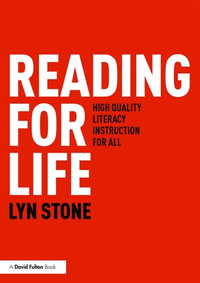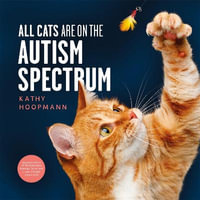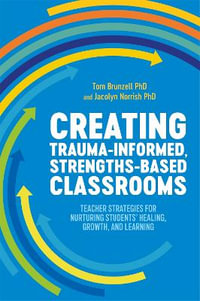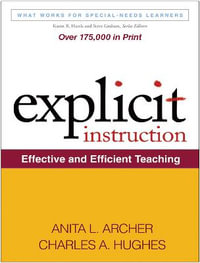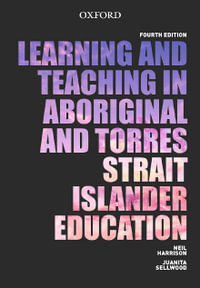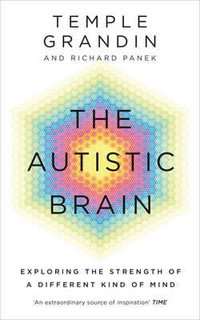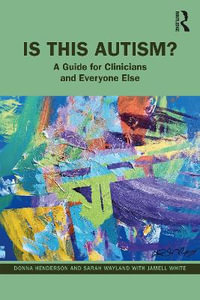
Illegal Alphabets and Adult Biliteracy
Latino Migrants Crossing the Linguistic Border, Expanded Edition
Paperback | 5 March 2015 | Edition Number 2
At a Glance
Paperback
RRP $103.00
$79.40
23%OFF
Aims to ship in 7 to 10 business days
ISBN: 9781138804296
ISBN-10: 1138804290
Published: 5th March 2015
Format: Paperback
Language: English
Number of Pages: 194
Audience: College, Tertiary and University
Publisher: Taylor & Francis Ltd
Country of Publication: GB
Edition Number: 2
Edition Type: New edition
Dimensions (cm): 22.86 x 15.24 x 1.04
Weight (kg): 0.27
Shipping
| Standard Shipping | Express Shipping | |
|---|---|---|
| Metro postcodes: | $9.99 | $14.95 |
| Regional postcodes: | $9.99 | $14.95 |
| Rural postcodes: | $9.99 | $14.95 |
How to return your order
At Booktopia, we offer hassle-free returns in accordance with our returns policy. If you wish to return an item, please get in touch with Booktopia Customer Care.
Additional postage charges may be applicable.
Defective items
If there is a problem with any of the items received for your order then the Booktopia Customer Care team is ready to assist you.
For more info please visit our Help Centre.
You Can Find This Book In
This product is categorised by
- Non-FictionEducationTeaching of Specific Groups with Special Educational Needs
- Non-FictionEducationAdult Education
- Non-FictionTeaching English (ELT)ELT Learning Material & Coursework
- Non-FictionLanguage & LinguisticsLinguisticsPsycholinguisticsBilingualism & Multilingualism
- Non-FictionEducationTeaching of a Specific Subject
- Non-FictionTeaching English (ELT)ELT Background & Reference MaterialELT Teaching Theory & MethodsApplied Linguistics for ELT
- Non-FictionSociety & CultureSocial GroupsEthnic StudiesHispanic & Latino Studies
- Non-FictionSociety & CultureSocial Issues & ProcessesMigration, Immigration & Emigration
